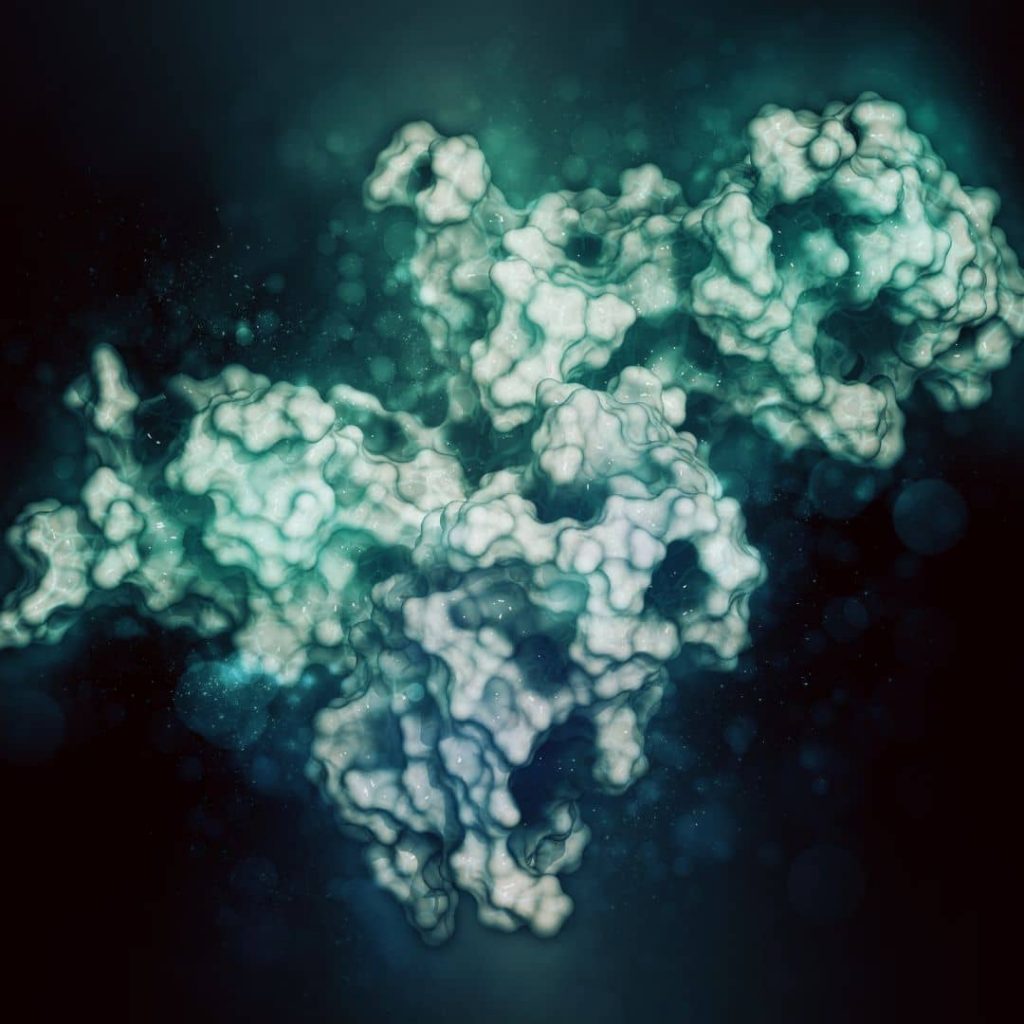Want to save 25%? Check out our Subscriptions!
Hidradenitis Suppurativa (HS) is a chronic skin condition characterized by painful lumps, abscesses, and scarring, often making it difficult to manage. Conventional treatments sometimes fall short, leading to the exploration of biologics as a promising alternative for patients with moderate to severe HS. Biologics are medications derived from living organisms that target specific components of the immune system. This blog delves into several biologics that have shown success in treating HS, highlighting their effectiveness and the key studies that support their use. (HiSCR). The Hidradenitis Suppurativa Clinical Response.
Adalimumab is a TNF-α inhibitor initially developed for rheumatoid arthritis and later approved for other inflammatory conditions, including Crohn’s disease, psoriasis, and ulcerative colitis. It works by blocking TNF-α, a cytokine involved in systemic inflammation.
Conclusion: Infliximab has proven to be effective for many patients with HS, particularly in severe cases where other treatments have failed. Its success rate of approximately 82% in clinical response underscores its potential as a valuable treatment option, though it is primarily used off-label.
Ustekinumab is an interleukin-12 (IL-12) and interleukin-23 (IL-23) inhibitor, originally developed for the treatment of moderate to severe plaque psoriasis. It was later approved for psoriatic arthritis, Crohn’s disease, and ulcerative colitis.

Secukinumab is an interleukin-17A (IL-17A) inhibitor, initially developed and approved for the treatment of moderate to severe plaque psoriasis. It was later approved for psoriatic arthritis and ankylosing spondylitis.
Conclusion: Anakinra is a promising treatment for HS, particularly for those with severe or refractory disease. Its success rates range from 79% to 100% in small studies, making it a valuable option for patients who have not responded to other therapies.
Anakinra (Kineret):
Anakinra is an interleukin-1 (IL-1) receptor antagonist, originally developed for the treatment of rheumatoid arthritis. It is also used for certain autoinflammatory syndromes, such as neonatal-onset multisystem inflammatory disease (NOMID).
Biologic therapies such as Adalimumab, Infliximab, Ustekinumab, Secukinumab, and Anakinra represent a significant advancement in the treatment of Hidradenitis Suppurativa. These biologics have shown varying degrees of success in clinical trials, offering hope to patients who struggle with this challenging condition. While these treatments are promising, ongoing research is essential to fully establish their efficacy and safety in broader patient populations. As the understanding of HS continues to evolve, biologic therapies may become an even more integral part of managing this complex condition.